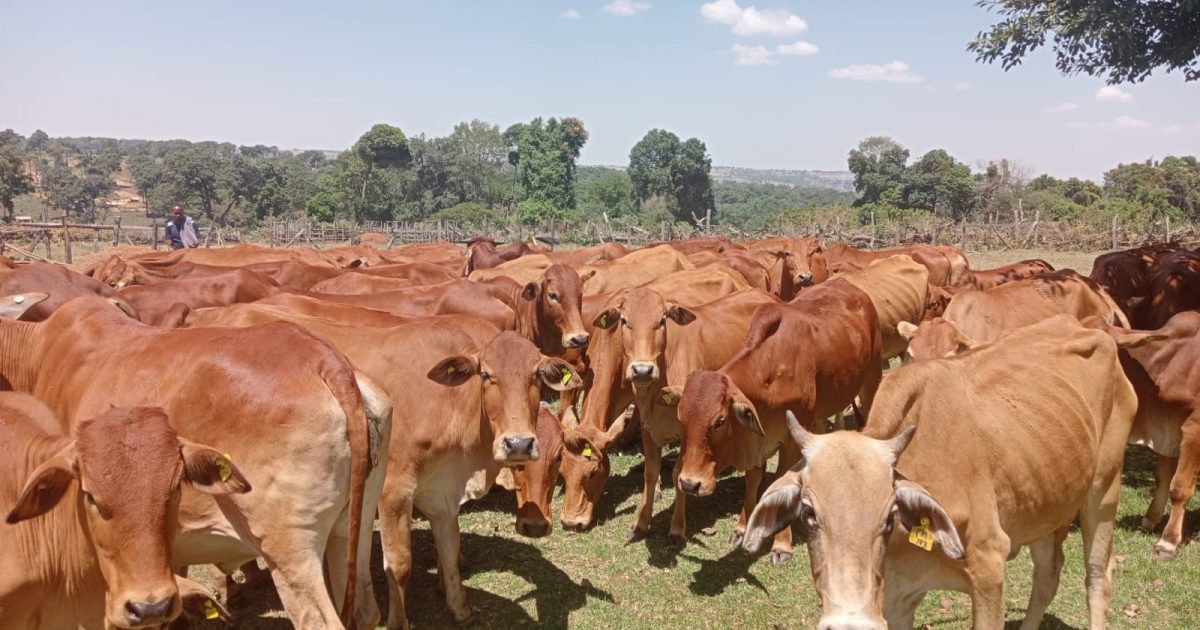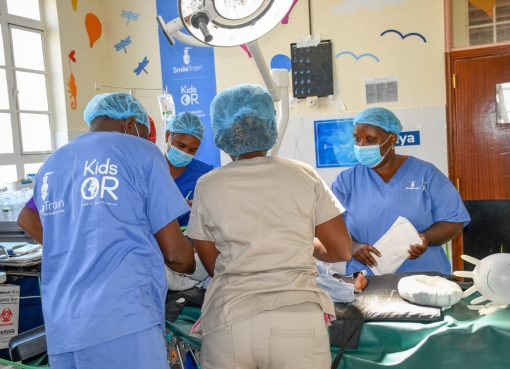The Sahiwal Cattle Genetics project for Lolgorian community in Transmara, Narok County funded by the National Research Fund (NRF) to a tune of Sh9 million is a boost to livestock farmers to practice modern reproductive technologies.
The project titled ‘Smallholder Farmers Access to improved cattle Genetics in Kenya: An Accelerated Dairy Heifers Delivery Model While utilizing Reproductive Technologies’ was initiated by Kenya Agriculture and Livestock Research Organization (KALRO) due to the increasing demand for animal source foods and the need for modern livestock practices.
Sahiwal breed of livestock is known for its resilience and adaptability to arid and semi-arid conditions.
Speaking during the handing over of the project, the Chairperson of the National Research Fund Board of Trustees Prof. Ratemo Michieka said the project is important in advancing Kenya’s development agenda on productivity and food sufficiency.
Prof. Michieka acknowledged the important role research and modern technologies play in meeting the growing demands of food, noting that the interconnectedness of food crop and livestock sectors is vital in sustaining humanity.
“We urgently need to collaborate and upscale the Sahiwal cattle program so that Kenyans can benefit from this technology,” he stated.
The NRF Chairperson also noted that there is a need for intensified research and development to bolster livestock production against emerging challenges of climate change which he attributed to the dwindling state of rangelands and grasslands ecosystem which are valuable assets in livestock farming.
Prof. Michieka further noted that Kenya has abundant land, a diligent workforce, entrepreneurial skills, and a wealth of traditional knowledge supported by advancements in science and technology that can be utilized to boost the economy.

“If these resources are harnessed effectively, the nation can achieve self-sufficiency in food production while contributing to domestic and export markets,” he stated.
KALRO Researcher and Principal Investigator of the Sahiwal project Dr. Samuel Mbuku, said through the implementation of the modern reproductive technologies, a total of 332 superior Sahiwal artificial insemination calves were born and distributed among the community based breeding scheme in Transmara.
“Additionally 4,234 Sahiwal cows and bulls were pedigreed and registered, leading to a threefold increase in their market price,” he added.
NRF Chief Executive Officer, Prof. Dickson Andala while commending the collaboration between NRF and KALRO lauded the Sahiwal breed saying that it will positively impact various parts of the country, particularly in the arid regions.
According to NRF, by 2030, Kenya is projected to experience an increase in middle class consumers and urban dwellers, necessitating an investment in livestock that harnesses modern technologies thereby moving away from the traditional livestock farming to modernized livestock.
The collaboration between Agriculture and Livestock Research Organization (KALRO) on the Sahiwal Cattle Genetics Project, driven by the shared vision of food security, offers a glimpse into the potential for positive transformation, an indication that the future of the country’s livestock farming is promising.
NRF fund has been supporting projects and transformative research across all sectors of the economy among them health, climate change and agriculture to boost the country’s economy and improve the livelihoods of Kenyans.
By Bernadette Khaduli




